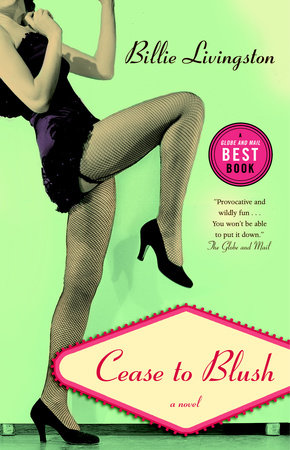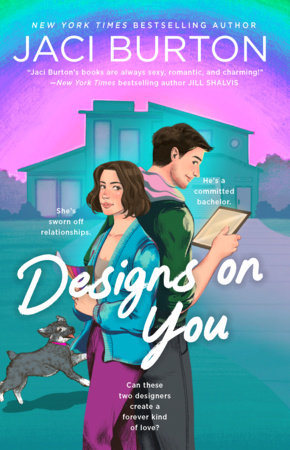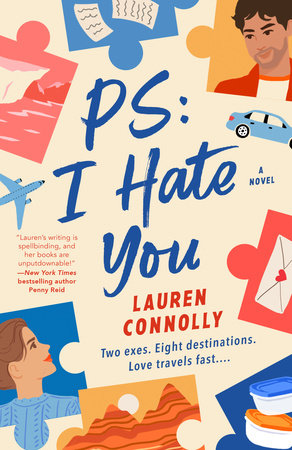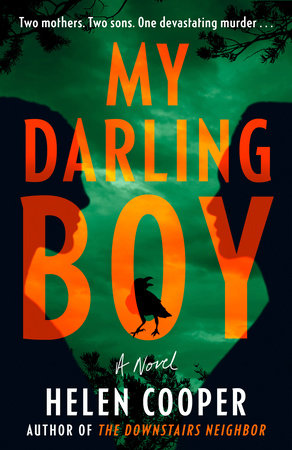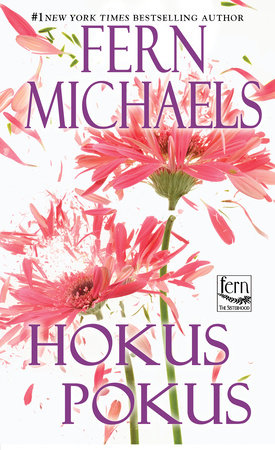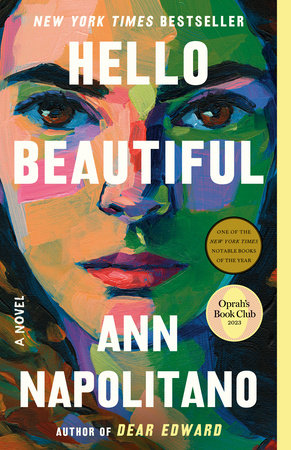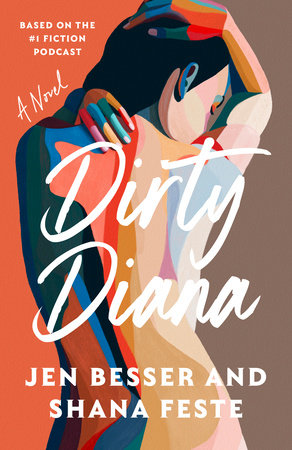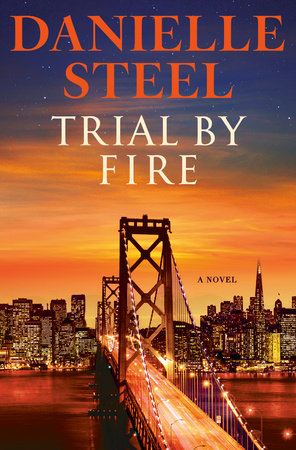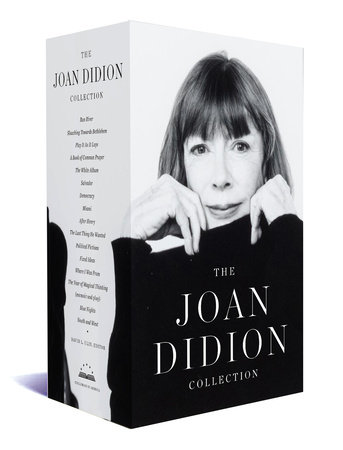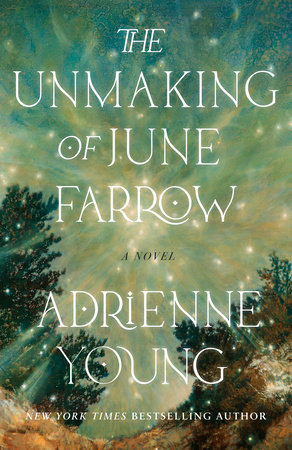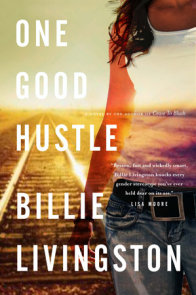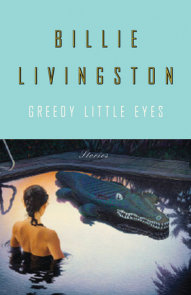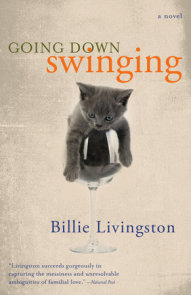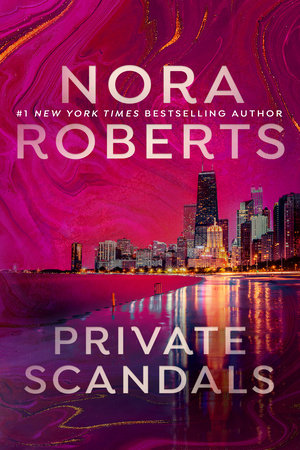Author Q&A
Can you tell us how you became a writer?
I didn’t call myself one until I was close to thirty. I had published quite a bit of poetry in magazines and about that time I met another writer, Rhea Tregebov, who insisted that I had to call myself a writer if I was going to be one. But in truth I’ve been scribbling down whatever flitted through my head since I was a child. There was never a time that I didn’t write.
What inspired you to write Cease to Blush? Is there a story about the writing of this novel that begs to be told?
The year Lili St. Cyr died my editor gave me the obit page from The Globe and Mail and said that she thought St. Cyr’s life would make a great biography. I started to read about this woman who not only ran with other strippers but also in a kind of rarified crowd of politicians and celebrities. Later I came across a few stories in which a former strip-teaser transformed herself and then lived in terror that her children might one day find out. I thought, what if a burlesque queen had been performing more in the sixties when there was such an obvious interconnectedness between showbiz, politics and organized crime? What if she found herself treated like just another disposable commodity and got scared that she might end up dead, as so many insiders did in that decade? She might disappear, only to re-emerge “radicalized,” as they called it in the seventies — a time when some feminists (having come out of the soul-sucking fifties and sixties) believed that sleeping with men was sleeping with the enemy. What sort of daughter might she end up with? The old “Prude is Father to the Pervert” adage is a strong aspect in Cease to Blush.
More generally, what is it that you’re exploring in this novel?
As I started to immerse myself in the mind of Vivian, the narrator, I began to consider the way we view one another, if we can ever quite see a person in any way but through our own filters — and especially our parents. The stories I believe to be true about my family — much of this stuff is fabrication based on a mix of what I’ve heard and what is going on in my own psyche. This is why I decided to have Vivian concoct her mother’s history. What we are left with when our parents die is just our own private fiction. I think that is true even when they are alive.
Was it difficult to weave real-life celebrities of yore, such as Frank Sinatra and Bobby Kennedy, into your fiction?
Researching Cease to Blush, I found out that I love reading biographies. Part of what I found so interesting about them is how wildly different one bio can be from another even though they both profess to be writing about the same person. With Bobby Kennedy for instance, pick up two biographies and you’ll find a crusading angel in one and a self-indulgent demon in the other. I enjoyed both possibilities, and that helped flesh out the notion that the stories we tell about others are subjective. The biographies, it seemed to me, said as much about the biographer as they did the subject.
Are there any tips you would give a book club to better navigate their discussion of Cease to Blush?
I am loath to tell a person how to approach something I’ve written. I find the things a reader might see to be just as important as what I believe is on the page. I suppose a recurring point of discussion for me as I wrote Blush and as I write the novel I’m working on now is whether or not there is any such thing as objective truth.
Do you have a favourite story to tell about being interviewed about your writing?
When Going Down Swinging came out there was the interview I did for a cable television show. Cable talk shows are often live and there is usually very little in the way of a commercial break between segments. I was nervous. One of the hosts had come into the makeup room early to give me an idea of how the interview would go. She was a regular drill sergeant: “I WILL ASK YOU: WHY DID YOU WRITE THIS BOOK? I WILL ASK: DO YOU THINK THERE IS ANY DIFFERENCE BETWEEN TRUTH AND PERSPECTIVE? I HAPPEN TO THINK THERE IS! MAYBE YOU DO NOT. I WILL ASK YOU…” Just before my interview was a cooking segment. When it was done they cut to a fifteen-second station ID and the co-hosts ran from the peanut-butter chocolate cheesecake segment to me on the couch with my book. When the lights came up, they breathlessly grinned to camera, announced my name, the novel, and that the cheesecake was for me.
“Oh I couldn’t.”
They insisted. The smiling drill-sergeant told me they would not go on with the interview if I did not try the cake. I picked up the peanut-butter chocolate cheesecake and dutifully stuck a forkful in my mouth. The cake lodged in my throat. I started to choke. The hosts were alarmed. Panic ensued. A crewmember’s arm slowly reached in beside me with a teacup of cold water. I downed it best I could as the hosts held my novel up to the camera and danced it around saying, “Oh look at the cute little kitty on the cover. Isn’t this adorable?” It became apparent no one had actually read the book and the “tough questions” weren’t going to happen. I guess the moral of the story is: when faced with a cranky TV host, choke for mercy.
Do you have a favourite story to tell about anyone you interviewed for your writing?
While researching Cease to Blush I went to a broad cross-section of interviewees. Vivian is a wilder creature than I ever was so I had to go and find people who had the straight goods on how a person who is not technologically proficient might make Internet pornography easily from home. About the same time I needed to find some Charismatic Christians because I had never witnessed a person speak in tongues. One Sunday a friend took me out to a Pentecostal church where I got a real eyeful — all around me people were speaking in tongues, then dropping on the floor as they were moved to. The following day, I had an appointment to interview the pornographers. Their office was located at street number 666. I had to laugh.
Has a review or profile ever changed your perspective on your work?
I try not to get myself invested in what reviewers say. Good or bad it makes me self-conscious. Even other authors’ reviews make me self-conscious. Later, when I’m alone at the keyboard, a vicious editor appears over either shoulder and I can’t get much done.
Which authors have been most influential to your own writing?
I’m not aware of a real influence, per se. There are definitely writers I admire. I like early Truman Capote, Graham Greene, Margaret Atwood, Flannery O’Connor, Barbara Gowdy, to name a few. It needn’t necessarily be literary though — I like Liz Smith’s columns in the New York Post and her autobiography, Natural Blonde, was aces.
If you weren’t writing, what would you want to be doing for a living? What are some of your other passions in life?
I don’t know. I can’t dance. Can’t sing. I sure do enjoy talking to strangers though. I might have been an investigative reporter of some kind.
If you could have written one book in history, what book would that be?
Oh good lord. Do other authors have an answer for that? Roget’s Thesaurus. 1st Edition.
